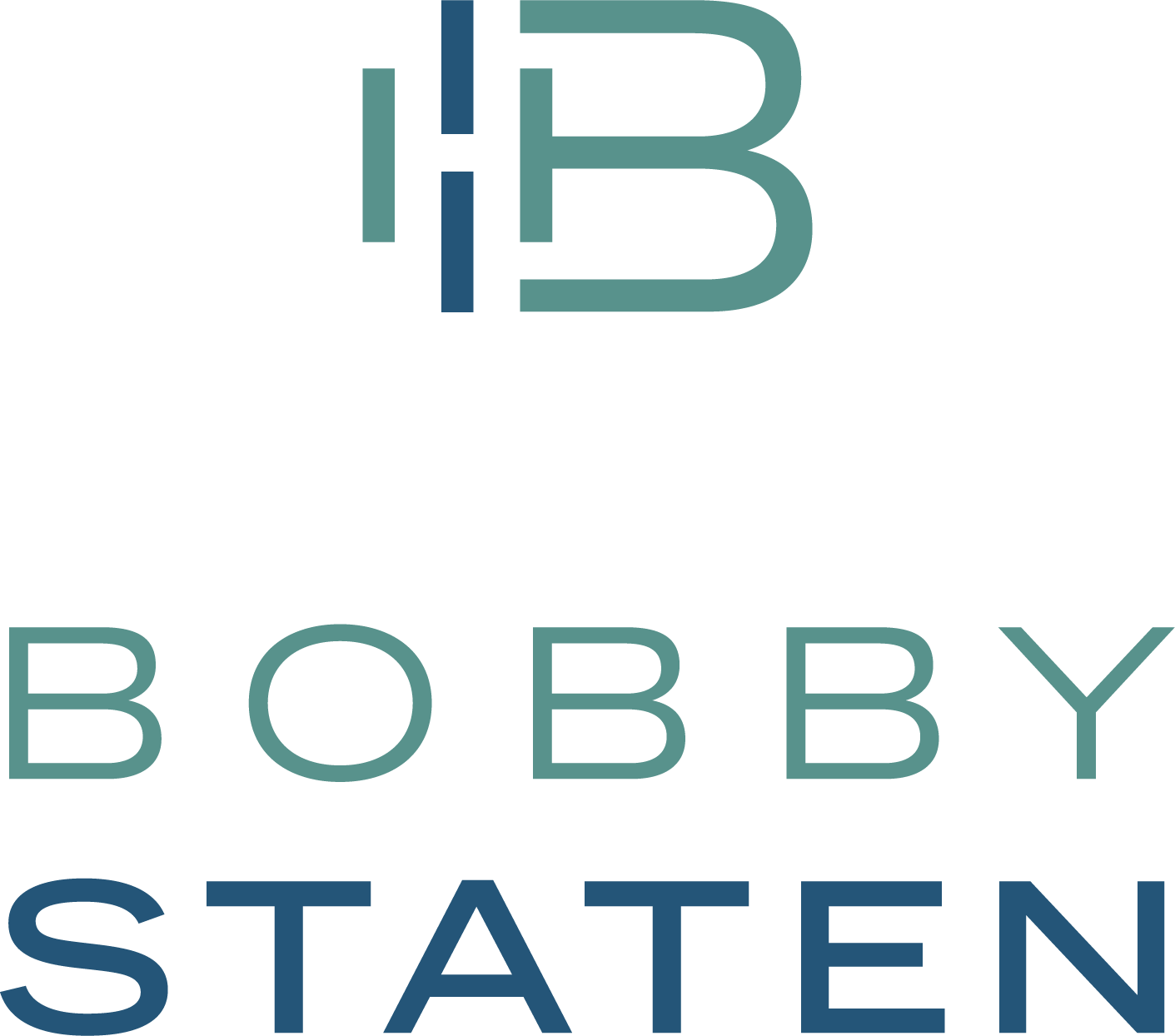Revolutionize Results: Three Keys to Effective Performance Management
In the dynamic world of business, success hinges on the ability to drive high performance and continuous improvement. However, achieving and maintaining optimal performance within an organization is no simple task. As a business leader, you understand the significance of fostering a culture that not only propels your team forward but also aligns with your strategic goals. Consider the following keys to unleasing this potential by way of a robust and effective performance management system.
Rethinking the Performance Management Landscape
Imagine orchestrating a symphony where every instrument plays in perfect harmony. Just as each note contributes to a masterpiece, every member of your team plays a vital role. However, orchestration requires meticulous coordination – an analogy that mirrors performance management. A well-structured system harmonizes individual efforts, leading to remarkable outcomes.
Embracing a Culture of Continuity
Anticipation of the unknown often outpaces reality, generating unnecessary stress. Similarly, an annual review can trigger anxiety, hampering performance and conversations that matter. The solution? Forge a path of continuity through regular feedback sessions. Whether you gather weekly or monthly, these interactions foster transparent communication, diminish stress, and maintain a pulse on expectations and goals. Bid farewell to unnecessary apprehension and welcome a culture of constant communication.
Aligning Objectives for Collective Triumph
Every organization thrives under a shared mission. But how well do employees see the connection between their daily tasks and the larger vision? Enter performance management as the bridge. By aligning individual objectives with organizational goals, you nurture an environment where every role contributes to the collective symphony.
Customized Targets for Individual Impact
Four score and 20-some-odd years ago, one-size-fits-all metrics dominated performance evaluation, leaving employees detached. The modern approach embraces tailored objectives. A sales leader can celebrate exceeding quotas, but what about the customer service or IT team? Translate responsibilities into quantifiable contributions, allowing each player to shine in their unique capacity. By involving team members in defining these metrics, you build a system grounded in shared ownership.
Fostering Collaboration in Growth
Effective performance management isn't a top-down directive – it's a collaborative journey. Engaged employees are partners, not passive recipients. When individuals contribute to their development plans, they invest in their growth trajectory. Embrace their aspirations for learning and diversification. Listen closely to their yearnings for skill-building and varied experiences. As a business leader, empower these pursuits and equip their professional toolkit.
Crafting Adaptive Solutions
In a landscape where agility is paramount, performance management cannot remain static. Your system must evolve, mirroring the ever-changing landscape. Adaptability ensures that your organization is primed to seize emerging opportunities, even amid shifting dynamics.
Ready to spark a performance management revolution? Click here and maybe, just maybe, we’ll send over our Performance Management template 😎.
